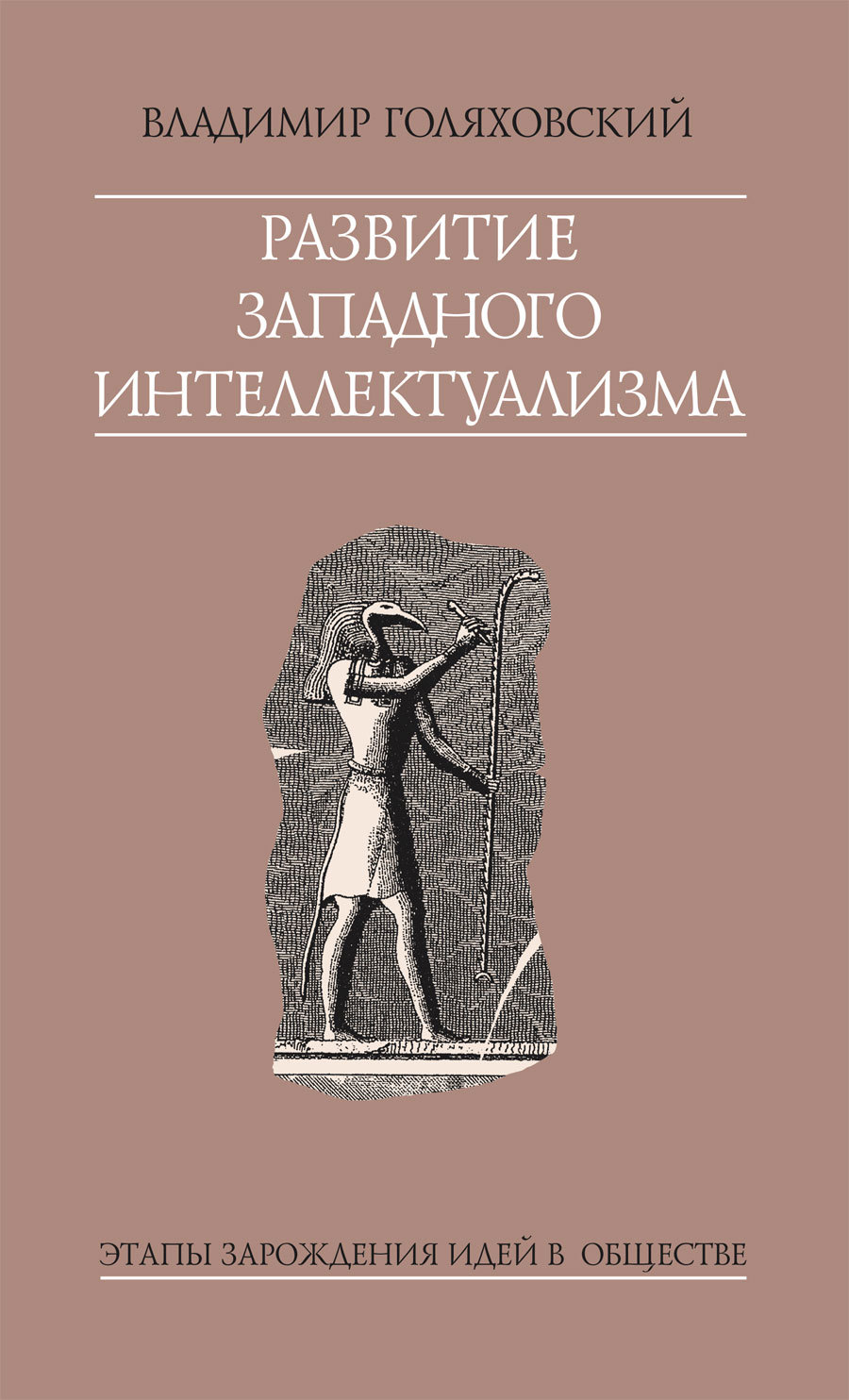сложный и богатый фактами раздел истории, что рассказ об этом мог бы перегрузить книгу, это предмет отдельного описания.
Synopsis
We are what we know and what we are capable of doing. Knowledge and skills are the expression of the essence of each human being – in other words, his or her intellectual abilities. The development of intellect is the supreme manifestation of human evolution. Just as there is an enormous diversity of organisms, there is a great variety of intellectual levels. People who have a very high IQ, who possess broad knowledge and have diverse interests, are called the intellectuals. Among them, throughout history, have been those who have generated new ideas and useful innovations. Even though they have not always held key positions in society, many of them had an impact on the progress of history. The combined manifestation of high intellect of these people can be determined as the intellectualism.
Few books have covered the evolution of intellect and intellectualism. The ones that have been published are usually meant for readers with broad knowledge and profound interest in the subject. They contain highly scholarly materials and intellectual arguments. This book is different.
It targets a wider group of readers, those who don’t possess special knowledge on the subject, but who are interested in history and different cultures. It addresses the origin, formation and development of intellect and, without simplifying the subject, demonstrates its place and significance in history. Written in the form of lively short stories, it contains exciting descriptions of the lives of famous individuals and interesting facts from the history of civilization. The stories alternate with illustrations by the author and his poems on historic themes. From the very beginning, Western and Eastern civilizations developed in different ways. The same was true of the evolution of the Western and Eastern intellect. This book addresses intellectualism in the Western world.
The book opens with a story about the Egyptian, Imhotep, the first known intellectual in the world, who lived about five thousand years ago. He was a vizier to a Pharaoh, an architect, scholar and physician. His Pyramid of the Steps was the first large stone structure in the world and has been preserved to the present day. The opening story is followed by accounts of the role of intellectualism in the most ancient civilizations and religions in Egypt and Mesopotamia. These have had a strong impact on the course of development of the Western world.
The chapters dedicated to prehistoric times serve as the explanatoty for the development of cognitive abilities. It originated in the brain of African forest apes when they descended from the trees onto the ground in search of new sources of food. It was hunger that facilitated evolution and laid the groundwork for the development of intellect. Over three million years, the apes evolved into vertically-walking two-legged semi-apes. Genetic changes and mutations took place in their brain cells, which accelerated their development and formation of new nervous centers and ties. At the very early stages, rudimentary intellect was expressed through development of the simplest skills – the use of sticks and stones for defense and hunting. Gradually developing intellect led to the use of fire, to construction of shelters and creation of weapons made of stone and bone.
About one hundred fifty thousand years ago the development of the most perfect type of the two-legged creature – homo sapiens, a thinking human being – appeared. New human beings spread all over the world. During that phase, their highest intellectual achievements were the creation of spoken language as a means of communication of information, and the development of visual art. The concept of faith to explain the incomprehensible forces of Nature settled in their minds. That was the beginning of religious worship.lt was the manifestation of a new ability to abstract from the concrete, the particular to the general. Early forms of religion arose in that manner. Cave drawings in Western Europe, created thirty thousand years ago, were the oldest examples of religious worship. That skill could represent the beginning of the development of European civilization, a progression which was halted by sliding glaciers ten thousand years later.
The next chapters of the book cover the application of intellect to the development of the wheel, to the concept of counting and time measurement, and to creation of written languages and alphabets.
The next known intellectuals after Imhotep lived in Greece about three thousand years ago. They included the first poets Homer and Hesiod. Their epic poems laid the foundation for classical literature and the mythology of polytheism. That period in the development of intellectualism sparked the transition to scholarly and logical philosophy as the school of life. Several chapters are then dedicated to the life and work of Greek philosophers Thales, Socrates, Plato, and Aristotle and their influence on intellectualism during the subsequent centuries. Stories about the flourishing of the Hellenic culture of Athens, about its dissemination throughout the empire created by Alexander of Macedonia, and about the Alexandria school of scholars and philosophers are also included.
During the same epoch, the Hebrew civilization originated and developed with the introduction of the first monotheistic religion of one God. One of the stories tells about the writing of the Bible and about its intellectual impact on future generations, and about Hebrew Patriarchs and Prophets – Moses, Ezra, David, Solomon at al, and includes legends about them and their lives.
Three long chapters are dedicated to the development of culture and intellectualism in the Roman Empire and the achievements of the classical world. They encompass the creation of Roman law, Latin literature, achievements in construction, architecture and sculpture, as well as life stories of intellectuals and emperors who created Roman civilization and art.
Intellectualism of private individuals played an important role in the development of religions. The history of the origin of Christianity and stories about Jesus Christ and the Apostle Paul are the subject of subsequent chapters. They describe how the spread of





